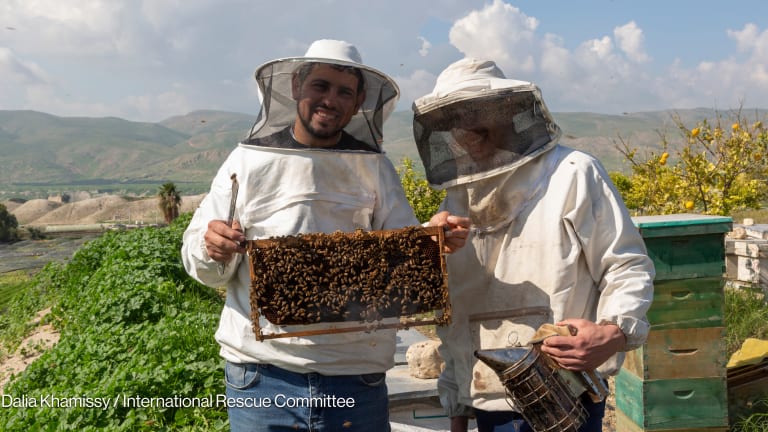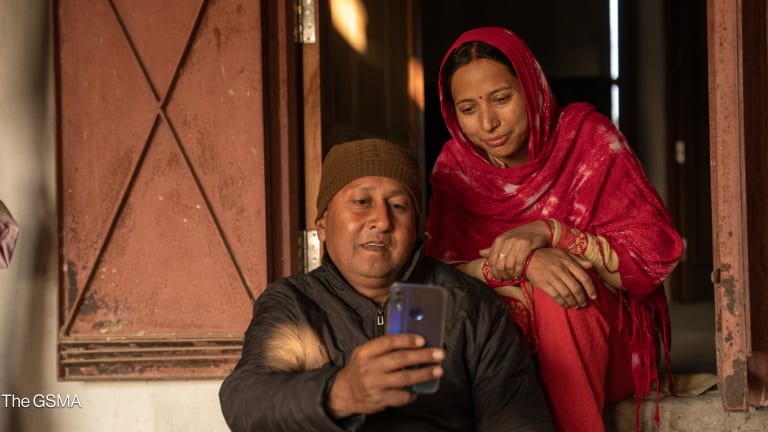
As the Transforming Education Summit convenes in New York this week, we need to take bold action for young people who lack adequate adult and social support to engage in appropriate education pathways to thrive.
Today, more than 280 million young people worldwide are currently not in employment, education, or training — or NEET. That is not the right start for a young person’s adult life. For the individual, it is a missed opportunity to gain valuable skills and experience to access sustainable work. For society, it is a missed opportunity for human and economic development.
Efforts such as target 8.6 of the United Nations’ Sustainable Development Goals ambitiously aim to lower the NEET rate. However, the COVID-19 pandemic seriously derailed these efforts. We are far from seeing any signs of getting back on track.
We urgently need national and international commitments to ensure equity and inclusion, strengthened through governance and financing, and forged through political will and strategic partnerships across sectors.
Active young people with decent jobs will be accelerators to promote peace and sustainable development around the world.
—I urge governments and other stakeholders to do their part to ensure we make progress on SDG 8.6 to give young people the future they deserve. Here are key actions that need to be taken.
1. Provide appropriate education and learning opportunities
Enable access to higher education and lifelong learning for youth in vulnerable populations through scholarships, grants, and stipends, taking into consideration the views and needs of children growing up without parental care. Opportunities need to be leveraged to close the labor skills gap by promoting technical and vocational education, or TVET, as an outstanding path for skilling, upskilling, and reskilling.
2. Ensure private sector involvement
Provide labor market incentives to the private sector to help reach the SDG goal through internships, mentoring, and apprenticeship programs. Disadvantaged youth must be enabled to easily access youth entrepreneurship programs and incubators. Funding should be made available for businesses founded by youth without parental support.
3. Accelerate pathways to digital access
Invest in digital infrastructure to enable underserved communities to access online education and subsidize internet access and digital literacy initiatives, including cyber safety, for those on the other side of the digital divide to adapt to increasingly digitalized labor markets.
Taking these steps requires an all-hands-on-deck approach. Particularly for ensuring effective policy coordination and taking concrete cooperative actions. The private sector, academic institutions, and civil society organizations are key partners that governments can count on to realize these actions.
Multisector partnerships level the playing field
Young people growing out of alternative care and others without adequate parental care are disproportionately disadvantaged as they do not have the same support as their peers when transitioning into adulthood. They have to become economically independent at an earlier age and often jump into the informal economy with little, if any, social protection and few career prospects.
I can attest to how success comes about in an environment of cooperation. SOS Children’s Villages has over 70 years of experience supporting youth without parental care, or at the risk of losing it, to receive a quality education. In 2021, we reached more than 200,000 children, young people, and adults through various education-related programs. We support young adults in our care after they turn 18 to access formal education from both universities or through TVET.
Empowering young people on their path to self-reliance is essential. We do this through multisector partnerships. In 2021, our global youth employability initiative YouthCan! — with the direct involvement of private sector partners — supported and mentored more than 14,000 young people to develop the skills and confidence they need to enter the world of work.
Our data shows that 24% of youth participants found employment within the year and 78% say the program equipped them with the necessary skills to succeed in life.
Let us not waste time. If we do not provide concrete support to young people in the most vulnerable situations, millions will be trapped in joblessness, robbing them of a fulfilled and self-determined life. In contrast, investing in young people adds great value beyond benefiting each young person. Active young people with decent jobs will be accelerators to promote peace and sustainable development around the world.








